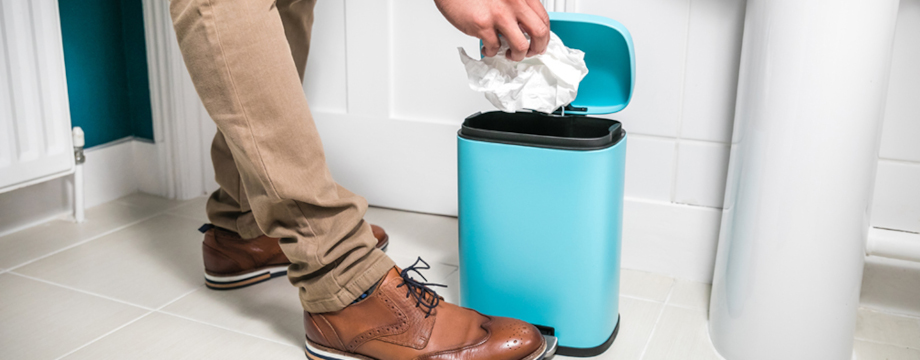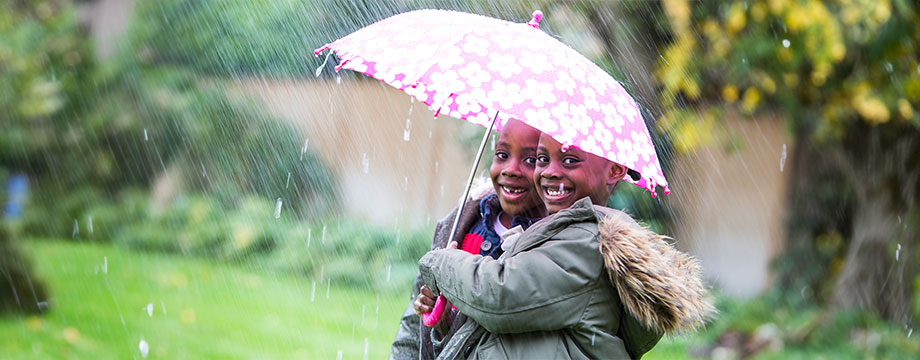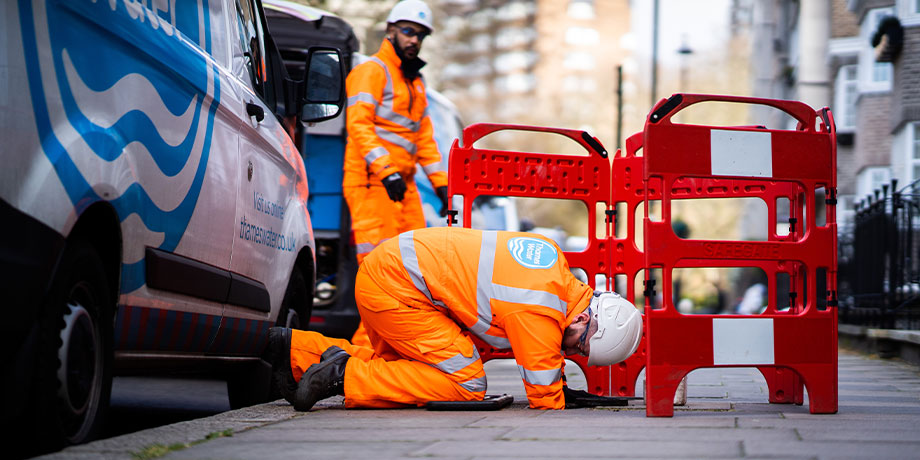Sewer flooding causes
What causes sewer flooding? Identifying the issue makes it easier to know who's responsible for fixing it.
Watch our video to see why sewer flooding happens.

Blockages in sewers and drains
Every year we clear around 75,000 blockages from our sewers. These are usually caused by putting the wrong things down our drains and toilets.
You should only ever flush the three Ps: pee, poo and (toilet) paper. Everything else, such as wet wipes, sanitary products, cooking fats and oils must go in the bin.

Heavy or continued rainfall
Heavy rain can lead to river, groundwater and surface water flooding. The rainwater eventually ends up in our sewers but not all of them can cope with this volume of water.
Most of our sewers were designed to carry wastewater only. So, when any extra water enters them, it can cause hydraulic overload. The sewer fills then backs-up pipes and drains into properties, roads and streets.

Damage and system failure
It's our responsibility to maintain and repair the public sewer system. Burst pipes, sewer collapse or pumping station failure can all cause sewer flooding. If you see a blockage or flooding when you're out and about, you can report a problem to us.
We’re working round the clock to respond to sewer flooding incidents. We're also increasing sewer capacity and reducing need for storm overflows.